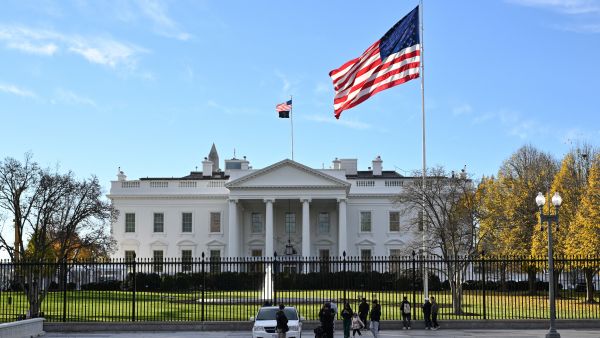ALBAWABA - A shooting near the White House that killed one National Guard member and seriously hurt another this week made political tensions in the United States worse. The attack was carried out by a 29-year-old Afghan national who moved to the U.S. in 2021. Since then, Republican lawmakers have said a lot of bad things about Muslims coming to the US.
Axios says that a lot of famous Republicans are now asking for strict limits, like stopping all immigration from countries where Muslims make up the majority and sending people they call "Islamists" back to their home countries.
Donald Trump used the event to say it was "proof of the greatest threat to America's national security." He asked for an immediate review of all Afghans who were allowed to enter the country during the Biden administration and said that "any foreign national who does not belong in or contribute to the country" should be sent back.
The talk on Capitol Hill got more serious.
Senator Tommy Tuberville said that no Muslims should be able to come to the US and that "every Islamist living among us" should go back to their home country. Mary Miller, a member of Congress, agreed and said, "They all need to go back right away." In the same way, Congressman Chip Roy told the U.S. to "stop bringing in Islamists and start sending them back."
The Trump administration is making it harder for Muslim-majority states to get immigrants, which is making things worse. Trump said in June that people from Afghanistan, Libya, Somalia, Sudan, and Yemen couldn't travel to the US. He also wanted to end temporary protected status for people from places like Syria and Afghanistan.
Senator Rick Scott is also likely to push for a vote on a bill that would require Afghans who came to the US in 2021 and 2022 without all the necessary paperwork to go through security checks on a regular basis. This is being sold as a way to stop future attacks.
The political backlash shows how one violent event has brought back old debates about immigration, national security, and how Muslims are treated in the US.










